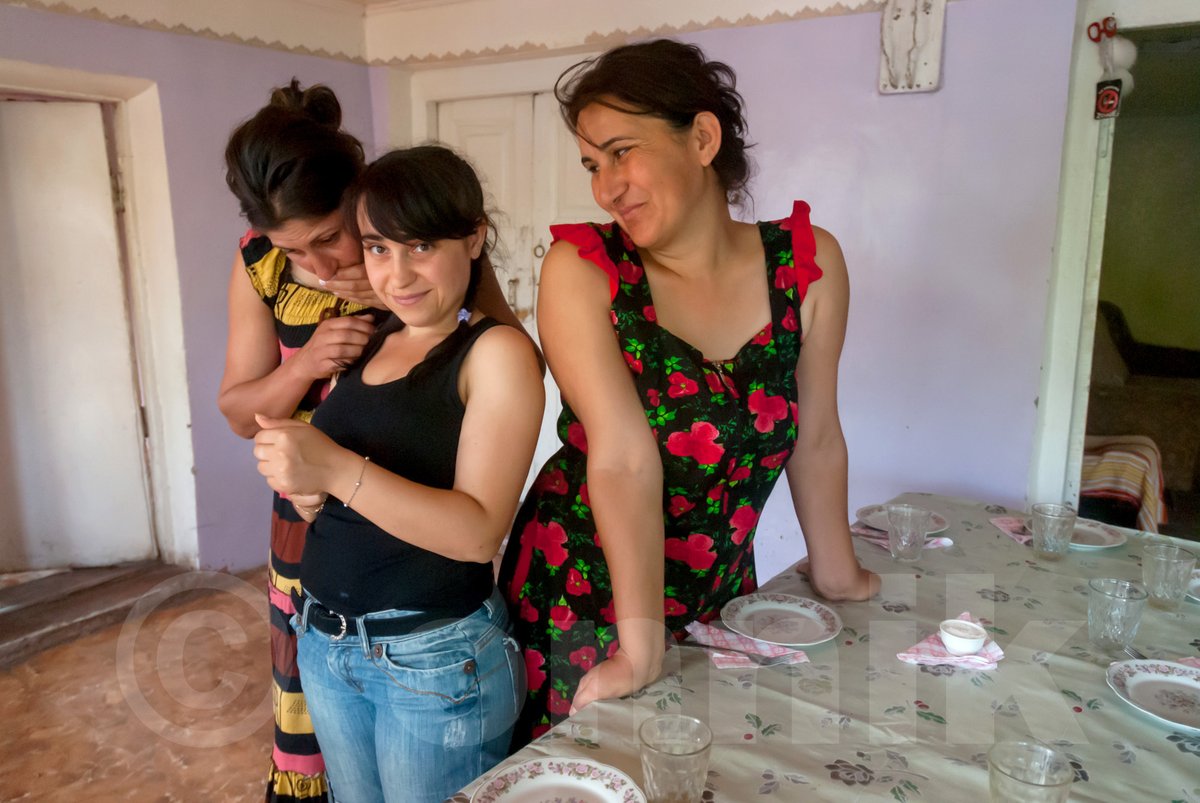
As mentioned, I've a piece coming soon on the impact fighting between Armenia and Azerbaijan over Nagorno Karabakh will have on Georgia. Because of word count, can't include all the interviews other than in much shorter quotes. So tweeting key points here over next few days. 1/
Today's key points are the responses from Georgian International Relations Analyst @ISirbiladze. It won't be any surprise that he considers the implications of fighting are very serious for the region. #Armenia #Azerbaijan #Karabakh 2/
In this fighting, says @ISirbiladze, Turkey can be considered an 'open enabler' while Russia is a 'failing disabler.' Moscow has shown itself unwilling or unable to dissuade Azerbaijan from continuing with its military operations against Armenian forces in and around Karabakh. 3/
In that context, and with little attention from Western states, "this worsens the already dire regional humanitarian, security, political and economic situation." #Armenia #Azerbaijan #Karabakh 4/
In the past, Georgia relatively unaffected by military confrontation between Armenia and Azerbaijan, said @ISirbiladze. What happens in the future in terms of the economic, political, and security implications for Georgia remains to be seen and is dependent on later events. 5/
In particular, if Armenia were to officially recognise the independence of Nagorno Karabakh, believes @ISirbiladze, Georgia would be forced to prioritise territorial integrity vs self-determination given its own 'frozen conflicts.' Would upset relations, but not majorly so. 6/
Thankfully, agrees @ISirbiladze, there has not been any major clashes between Georgia's two largest minorities, the ethnic Armenian and Azeri communities. Indeed, there is still peaceful co-existence and co-inhabitation which could serve as an example for others. 7/
Nevertheless, admits @ISirbiladze, mis/disinformation and propaganda spread mainly on social media has definitely now become a larger facet of modern warfare. It is now a platform for mobilising and encouraging generalisations about Armenian and Azerbaijani societies. 8/
Ultimately, concludes @ISirbiladze, Georgia is a 'silent watcher.' There is not much it can offer in terms of mediation or post-negotiation reality. "Other more powerful actors have assumed and will continue to assume such responsibilities," he says. #Armenia #Azerbaijan /END
• • •
Missing some Tweet in this thread? You can try to
force a refresh



